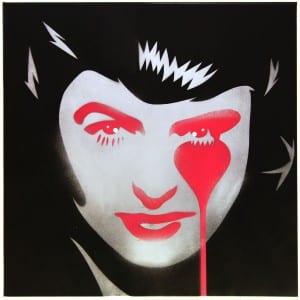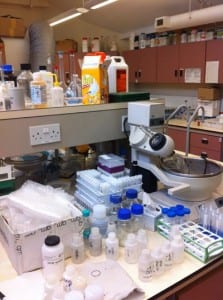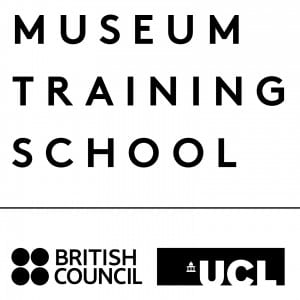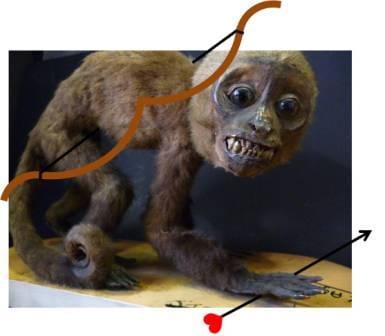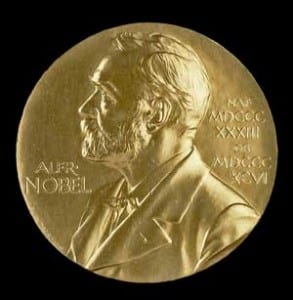This Wednesday, 29 January, UCL Museums and Collections, and UCL Library Special Collections, teamed up with the literary charity First Story to deliver our annual creative writing event. Around 90 students from local London secondary schools spent the afternoon exploring and writing about our collections.
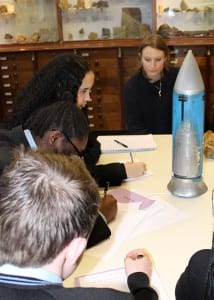
Students from Lambeth Academy absorbed in their work in The Rock Room, UCL
Events like these remind me of how lucky I am to work as an educator in museums. As museum professionals, we spend a long time thinking about how to tell stories (stories of our museums, stories of our collections, stories of our objects, stories of the people that owned said objects, etc, etc…I could go on) but it is so refreshing to hand the role of the storyteller over to students, who can provide us with a totally fresh take on the collections we know so well. The results were, quite simply, fantastic. Below is just one example of the quality of work produced from the visit:
Jack Isaaz –La Grotteri, from King Solomon Academy, was inspired to think about his heaven and hell through working with the UCL Library Special Collections and, in particular, by Botticelli’s illustrations of Dante’s Divine Comedy:
For it is All that I Need
Sensations seldom felt grip the air.
More stains of darker, saturated hues. But still
All feels grey. Unlike once before, the silence
Is now silent: sounds of death, dead
Vibrations permeate the dust that you hear
And breathe. I can’t bear the nothing that
I never had. You don’t see for there is nothing
To observe.
She smiles again once more, though not one thing
Could ever make one forget such a sight.
The sun shines on the clouds and as it should,
It does not shine on us. We are left with
The fray of the familiar. The cold that embraces us is
No foe, cooling our skin with its inviting breath.
I imagine the park adjacent to the grass where I
Lay down gazing at nothing because it is nothing that
I’ve become accustomed to. The fun nothings I need.
Raindrops now, stain the tar that bleaches the roads I’ve
Walked upon my entire life. The buildings are calmed
As their shadows find homes with the darkening
Surface. There is no need for thought or speech for
All is as it should be. I imagine
Her smile.
Jack Isaaz –La Grotteri, King Solomon Academy
To find out more about the work that First Story do you can visit their website: http://www.firststory.org.uk/
Alice Salmon is a Senior Access Officer in the Access and Learning Team for UCL’s Museums and Public Engagement Department.
Filed under Cross-collections, Geology Collections, Grant Museum of Zoology, Library Special Collections, UCL Art Museum
Tags: behind the scenes, community. special collections, creative writing, events, object based teaching, Outreach, poetry, school visits, Stories, widening participation, workshops
No Comments »
 Close
Close


